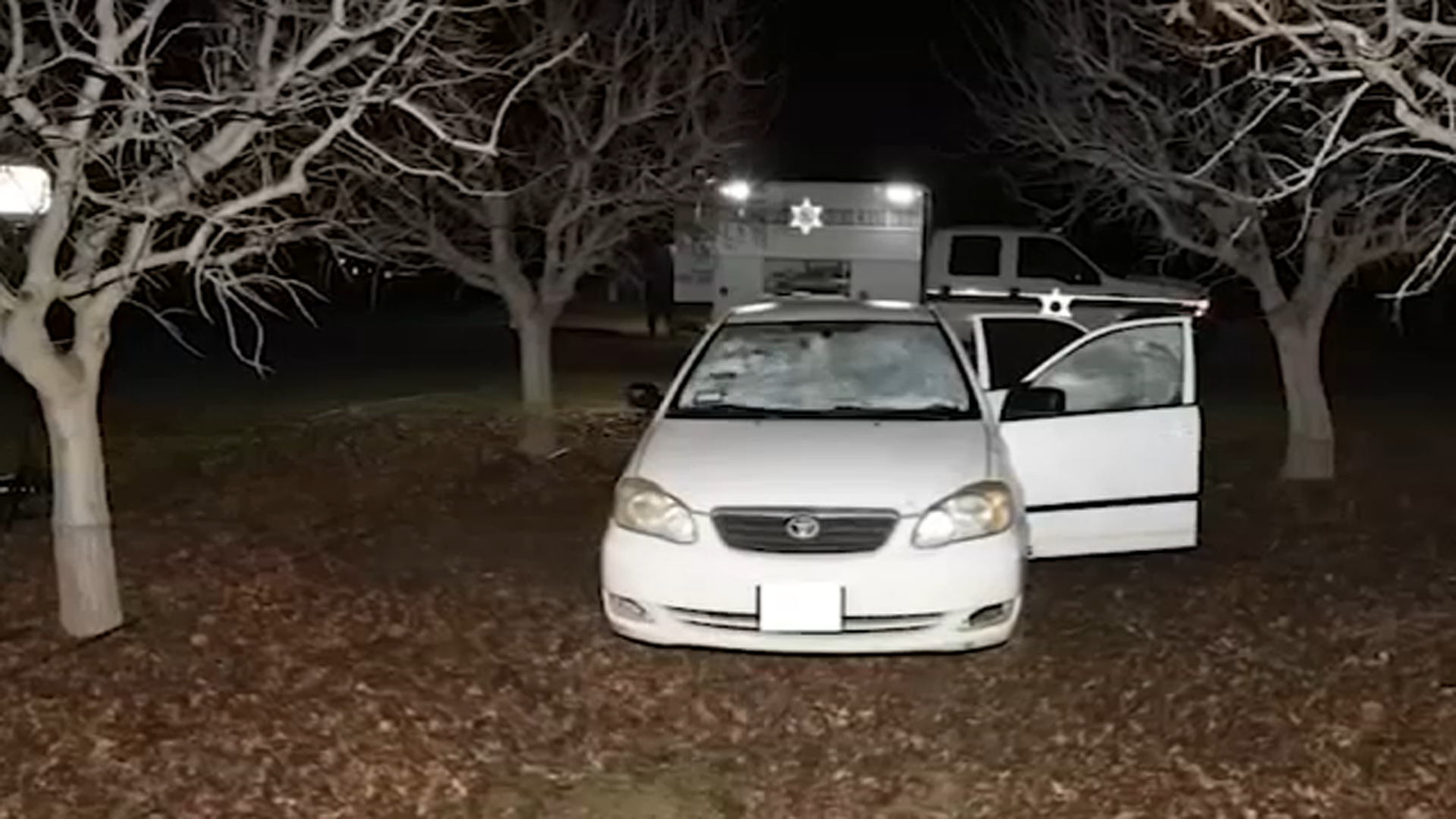At-home rapid COVID-19 tests may not be as accurate as PCR tests

HOUSTON, Texas -- As things open back up, we're seeing some places require COVID-19 testing. At-home rapid COVID tests can produce results in minutes.
To find out how they work and just how effective they are, ABC13 went to the experts for some answers.
What are at-home COVID tests?
"They're these so-called antigen tests. They detect the protein product of the virus much in the same way that a home pregnancy test works. They're actually very good tests. Now, they're not perfect. The gold standard is still the PCR test, that's the laboratory-based test," said Dr. James McDeavitt, executive vice president dean of clinical affairs at Baylor College of Medicine.
How quickly can you get results?
PCR tests can take between two to five days to get results. Whereas, the at-home tests can get you results in 15 minutes, but there are pros and cons. McDeavitt said the at-home tests can have more false-negative results than PCR tests, which means the test would show you don't have COVID, when you actually do have it.
"The home test has a higher false-negative rate, but it's still in the range of the mid-80s in terms of a percentage basis," said McDeavitt.
What you can do to help reduce false negatives?
Well, McDeavitt said taking two tests 24 hours apart can reduce false negatives.
With the multiple at-home test options, is one test better than the other?
Dr. McDeavitt suggests you take a look at the small print of each test.
"I would read the insert, which is actually the small print inside, the little white piece of paper that you have to unfold and look, in particular, for the false-negative rate," he said.
Is it difficult to take an at-home test?
"The instructions are not difficult, but please read them carefully and do exactly what it says. Make sure you're getting an adequate sample which means inserting the Q-tip further back into your nose than feels comfortable," said McDeavitt.
When do you need to get a COVID test in order to travel?
"Regardless of where you're traveling in the world, if you're traveling internationally you do have to have a COVID test to return to the U.S. So that test has to be taken within a three-day window prior to touching back," said Samantha Collum with the River Oaks Travel Agency.
River Oaks Travel Agency works with hotels to do onsite testing. Plus, they say there are also virtual options. The key is to plan ahead. As far as at-home tests, they're hard to come by and supply is limited. Manufacturers are ramping up production.
For more updates on at-home COVID testing, follow Marla Carter on Facebook, Twitter and Instagram.








